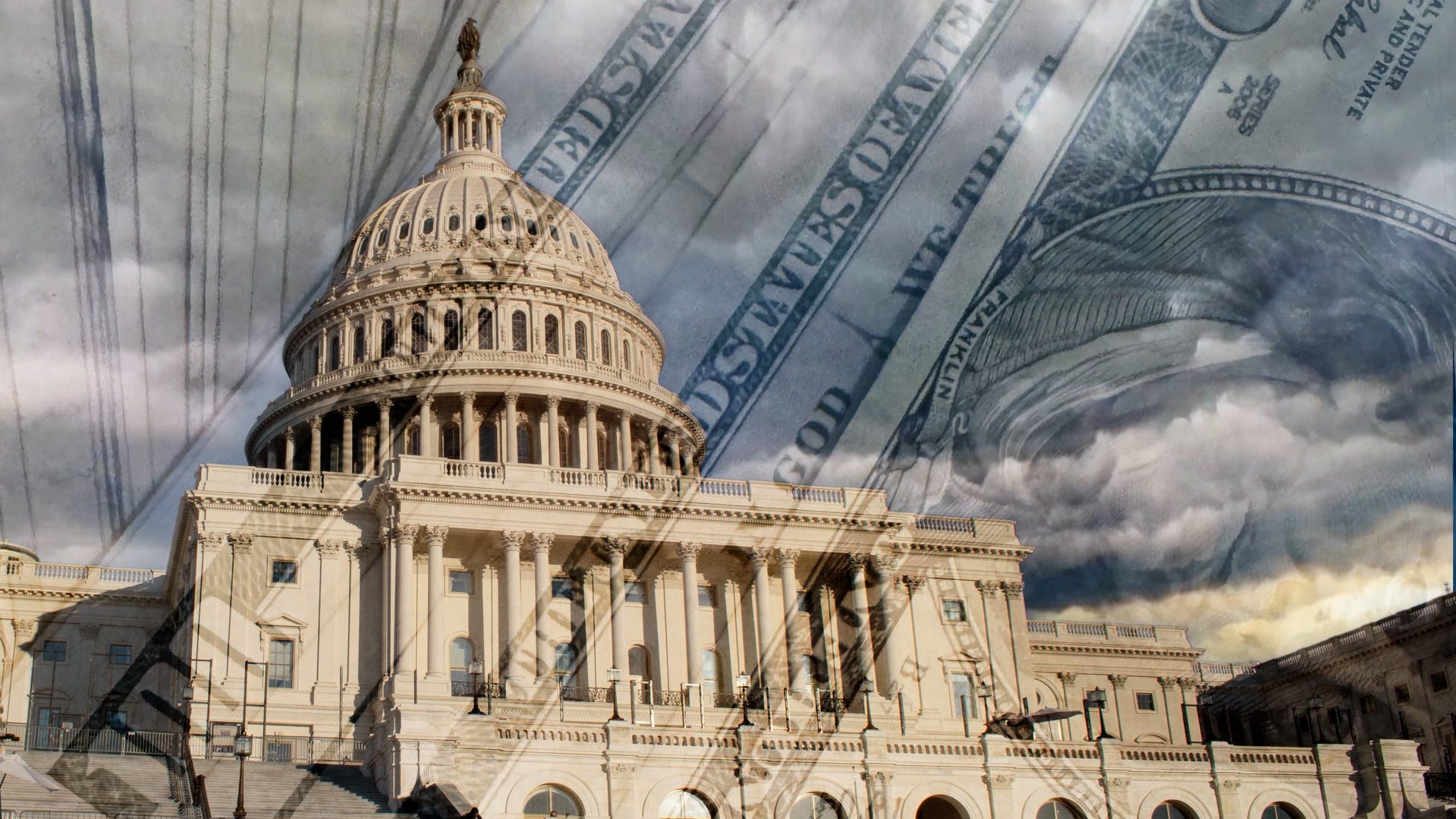SNAP more than pays for itself. Republicans' cruel miscalculation will cost us. | Opinion
GOP House leaders failed the test of moral leadership. As this heartless budget bill heads to the Senate, I hope and pray senators will protect our nation’s hungriest and most innocent young people.

“How can people be so heartless? How can people be so cruel? Easy to be hard ... easy to say no.”
These lyrics to the song “Easy to be Hard” from the rock musical "Hair" of the 1960s spoke of the indifference of political leaders who sent millions of Americans, mostly young men, to fight an unwinnable war in the jungles of Vietnam. The consequence is inscribed on "The Wall” of the Vietnam Veterans Memorial with 58,281 names of servicemembers who died because of this war.
Now, we must ask what the consequence of indifference will be as Republican lawmakers gut the nation’s largest anti-hunger program in order to help pay for the massive tax cuts for the wealthy. Congressional Republicans rammed this heartless budget bill through the House in a party-line vote early May 22, putting essential health care and food assistance programs for 34 million American children at risk.
Most eyes have focused on Congress’ unconscionable plan to cut the Medicaid program by at least $625 billion over the next decade. Yet not enough has been said about the proposed drastic cuts to the Supplemental Nutrition Assistance Program (SNAP), which would put millions of Americans at risk of food insecurity and hunger in the immediate future.
SNAP more than pays for itself. Cuts are pure cruelty.
Already, 47 million people in the United States face hunger and its far-reaching impact on malnutrition, weakened bones and muscles, an impaired immune system and worse outcomes from chronic diseases, such as diabetes and heart disease.
Moreover, nearly 14 million children faced hunger in 2023, according to the U.S. Department of Agriculture. This can lead to stunted growth and impede children’s ability to concentrate and learn.
The good news – at least until now – is that SNAP helps about 41 million Americans a year – or 12% of the U.S. population – afford an adequate diet and achieve significant health improvements as a result. In fact, studies consistently demonstrate that SNAP improves birth outcomes, leads to gains in children’s math and reading skills, and lowers participants’ health care expenditures through fewer emergency room visits, hospitalizations and long-term care admissions.
So, you might ask, why would our political leaders be so heartless as to reduce federal funds for SNAP at a time of escalating food costs for all Americans? And how is it not cruel for Congress to force states to cover a significant portion of SNAP’s benefits and to impose harsh work requirements so many hungry people will no longer qualify for or be able to keep their SNAP benefits?
The answer to these questions is simple: Congress needs $300 billion in savings to the federal budget so lawmakers can give wealthy Americans a tax cut.
Cost of cutting SNAP and Medicaid isn't just a moral one
But is it worth this price tag to increase hunger in the United States? Congressional Budget Office estimates say otherwise.
According to CBO projections, more than 3 million hungry people would lose access to SNAP benefits. Making matters worse, Congress’ painful cuts would take away $30 billion in revenue from farmers and ranchers who are already operating on razor-thin margins.
Thus, reducing SNAP benefits would likely lead to a contraction in the economy, as SNAP dollars are spent quickly and support a wide range of businesses – from food manufacturers, trucking companies, farmers’ markets to grocery stores.
It's a political adage that “budgets are moral documents.” If so, Republican House leaders have failed the test of moral leadership.
SNAP more than pays for itself with healthier outcomes and its contributions to the food economy. Now, as this heartless budget bill heads to the Senate for consideration, I hope and pray that senators will demonstrate some moral and political leadership to protect our nation’s hungriest and most innocent young people.
We are at a moment of truth. We have come face-to-face with the responsibility and challenges of being the image of God on earth. Imagining oneself in a state of hunger should not be all that difficult.
Millions of Americans feel alone, scrambling for a foothold in a landslide of greed and disinformation. At such times, we do well to remember this: Others, lots of others, recognize that we can still be our brother’s keeper.
Like Jesus’ disciples, we are left to ask, “How now shall we live?”
Our duty is to live by the Golden Rule (Matthew 7:12) and the principle of treating others as we would like to be treated. Applying this principle requires empathy, the ability to imagine what it would be like to be in someone else’s shoes. The community of the faithful who act with courage will be buoyed and filled with joy.
The Rev. Richard Cizik is the executive director of Evangelicals for Democracy.